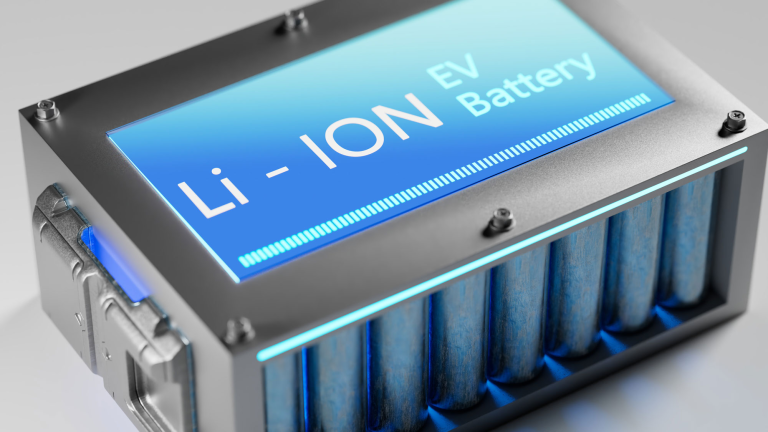The rise of portable medical devices has transformed healthcare delivery, allowing for continuous monitoring and immediate patient care. A critical component enabling the functionality and mobility of these devices is the lithium-ion battery. This article explores the advantages of using lithium-ion batteries in portable medical devices, their challenges, and best practices for effective implementation.
The Importance of Portable Medical Devices
Portable medical devices, such as glucose monitors, heart rate monitors, and infusion pumps, empower patients and healthcare providers by facilitating real-time health monitoring. These devices provide vital information that can lead to timely interventions, ultimately improving patient outcomes. As the demand for such technology grows, the need for reliable and efficient power sources becomes paramount.

Advantages of Lithium-Ion Batteries
- High Energy Density: Lithium-ion batteries have a significantly higher energy density compared to other battery types, such as nickel-cadmium or lead-acid batteries. This means they can store more energy in a smaller size and lighter weight, making them ideal for portable applications.
- Long Cycle Life: Lithium-ion batteries can typically endure hundreds to thousands of charge and discharge cycles without significant degradation in performance. This longevity reduces the need for frequent replacements, making them cost-effective over time.
- Low Self-Discharge Rate: These batteries exhibit a low self-discharge rate, which means they can retain their charge for extended periods. This characteristic is particularly advantageous for portable medical devices that may not be used continuously.
- Rapid Charging: Lithium-ion batteries support faster charging times compared to other battery technologies. This feature allows medical devices to be quickly recharged and ready for use, which is crucial in emergency situations.
- Stable Performance: Lithium-ion batteries provide stable voltage and power output, ensuring that portable medical devices function reliably without fluctuations. This consistency is vital for devices that require accurate and precise measurements.
Challenges in Using Lithium-Ion Batteries
While lithium-ion batteries offer numerous benefits, there are challenges to consider:
- Thermal Management: Lithium-ion batteries can be sensitive to temperature extremes. Overheating can lead to reduced performance or even safety hazards, such as thermal runaway. Therefore, effective thermal management systems must be in place to prevent overheating during operation.
- Cost: Although prices have decreased over the years, lithium-ion batteries can still be more expensive than other battery technologies. This upfront cost can be a barrier for some manufacturers, especially when producing low-cost devices.
- Battery Management Systems (BMS): Implementing a robust BMS is essential for monitoring battery health, charge levels, and performance. This system helps prevent overcharging, deep discharging, and ensures overall safety and longevity of the battery.
- Regulatory Compliance: Medical devices must meet strict regulatory standards, including those related to battery safety and performance. Manufacturers need to ensure that their lithium-ion batteries comply with relevant regulations and testing protocols.
Best Practices for Implementation
To effectively integrate lithium-ion batteries into portable medical devices, consider the following best practices:
- Design for Battery Safety: Incorporate safety features, such as thermal protection, overcharge protection, and short-circuit protection, into the device design to mitigate risks associated with lithium-ion batteries.
- Optimize Battery Life: Implement strategies to optimize battery life, such as using power-efficient components and incorporating energy-saving modes in the device’s software.
- Regular Testing and Maintenance: Establish a routine for testing battery performance and ensuring that devices are functioning correctly. Regular checks can help identify issues early and maintain device reliability.
- User Education: Provide clear instructions for users on how to care for and charge the device properly. Educating patients and healthcare providers about battery maintenance can extend battery life and enhance device performance.
- Continuous Monitoring: Utilize embedded systems to continuously monitor battery performance and health. This data can inform users about remaining charge levels and alert them to any potential issues.
Conclusion
Lithium-ion batteries play a crucial role in powering portable medical devices, offering advantages such as high energy density, long cycle life, and rapid charging capabilities. While there are challenges to consider, the benefits of using lithium-ion technology far outweigh the drawbacks. By following best practices and focusing on safety, manufacturers can create reliable and efficient portable medical devices that enhance patient care and health monitoring. As the healthcare industry continues to innovate, the role of lithium-ion batteries will remain pivotal in driving advancements in medical technology.

